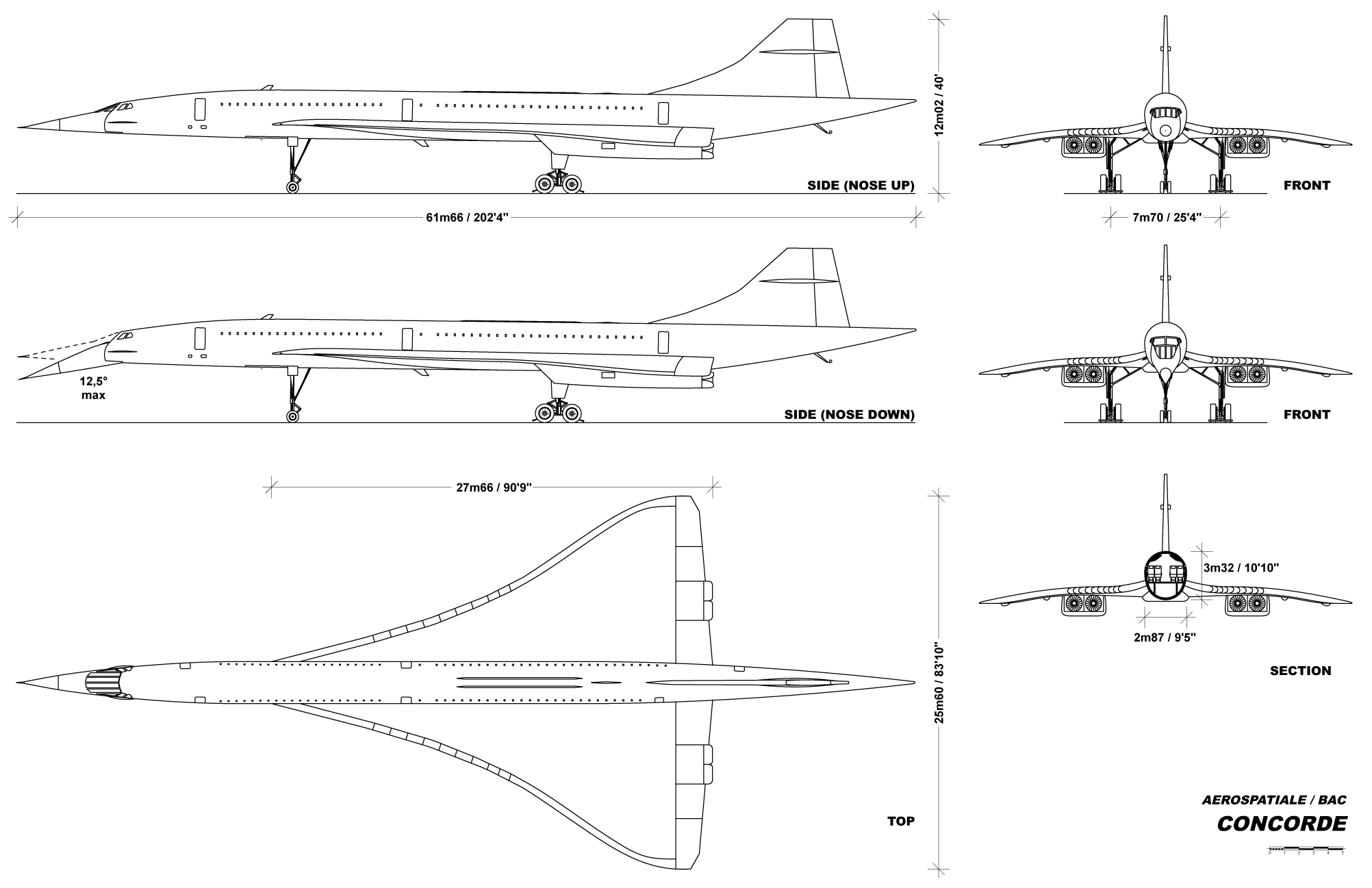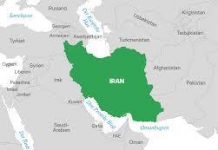
In a major breach of U.S. sanctions, Honeywell, a U.S. defense company has agreed to pay $ 13 million as fine for violating U.S. export laws for dual-use items. According to the U.S. State Department, Honeywell’s actions have allowed technical drawings of strategic weapons developments to reach other countries including China.
The investigation of the leak of highly sensitive information related to the development of weapon systems including the F-35 Joint Strike Fighter, F-22 fighter, A- 10 Warthog aircraft, B-1B Lancer long-range strategic bomber, A-7H Corsair aircraft, C-130 transport aircraft, M1A1 Abrams tank, Apache Longbow helicopter, Tomahawk tactical missile, CTS800 turbocharged engines, F / A-18 Hornet fighter, the F135, F414, and T55.
Since Honeywell has admitted the violation, the State Department will not revoke the company’s commercial weapons license and will instead levy a fine of $13 million. The fine is relatively tiny since throughout the U.S. investigation, Honeywell has been able to integrate secure communication technologies and significantly improve its compliance program.
Details of the investigation
The U.S. government investigated Honeywell for the period of 2011-2015. Its findings include that the company used an “inappropriate file sharing platform” that provided unprotected access to engineering fingerprints during the said period. The “engineering prints” show the shape, geometry, dimensions of castings, and finished parts for many aircraft, military electronics, and gas turbine engines.
Although Honeywell has denied using “worldwide access” technology, investigators found that sensitive files shared through a file transfer app, including highly sensitive engineering data on the F-22 and F-35 fighters as well as the B-1B Lancer strategic bomber, was transmitted to China.
A similar “exercise” repeated in 2018 found that the company’s employees had used an alternative method of transferring drawings, and had sent two drawings to China, two to Canada, and 23 drawings to Mexico.
Honeywell is obliged to not only pay the fine but also improve the methodology of its work process. To this end, the company said over the next 18 months, an external compliance officer will monitor its implementation and audit the compliance program.
Honeywell has stressed that throughout the investigation is has provided the necessary information an has promised to increase and guarantee the security of exports as well as invest in qualified personnel. The company is committed to supporting training courses for its employees on compliance.





